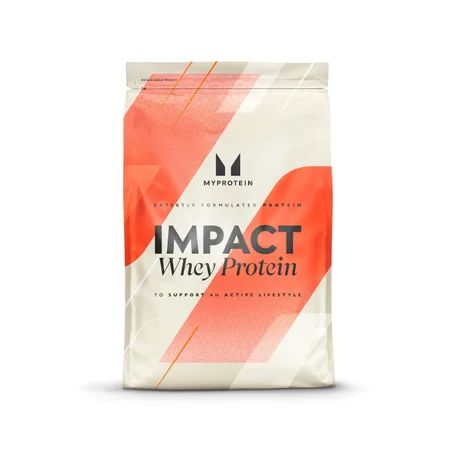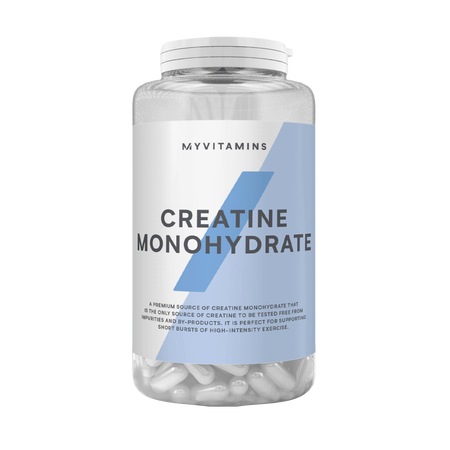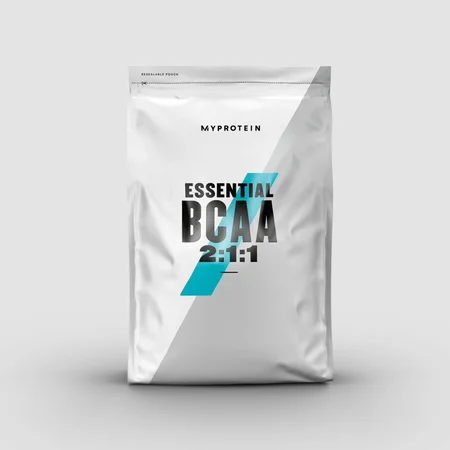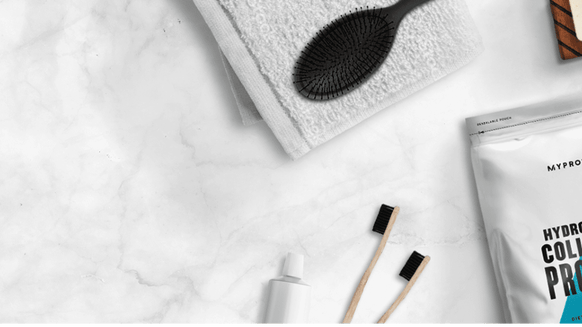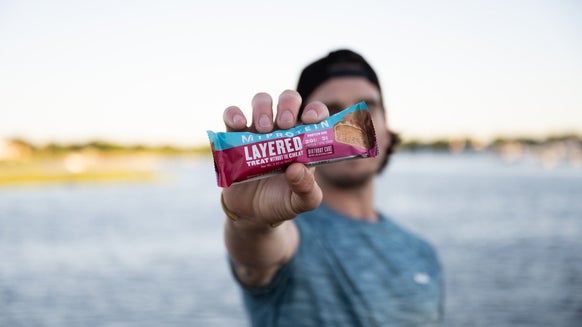The Surprising Benefits Of Eating Fermented Foods
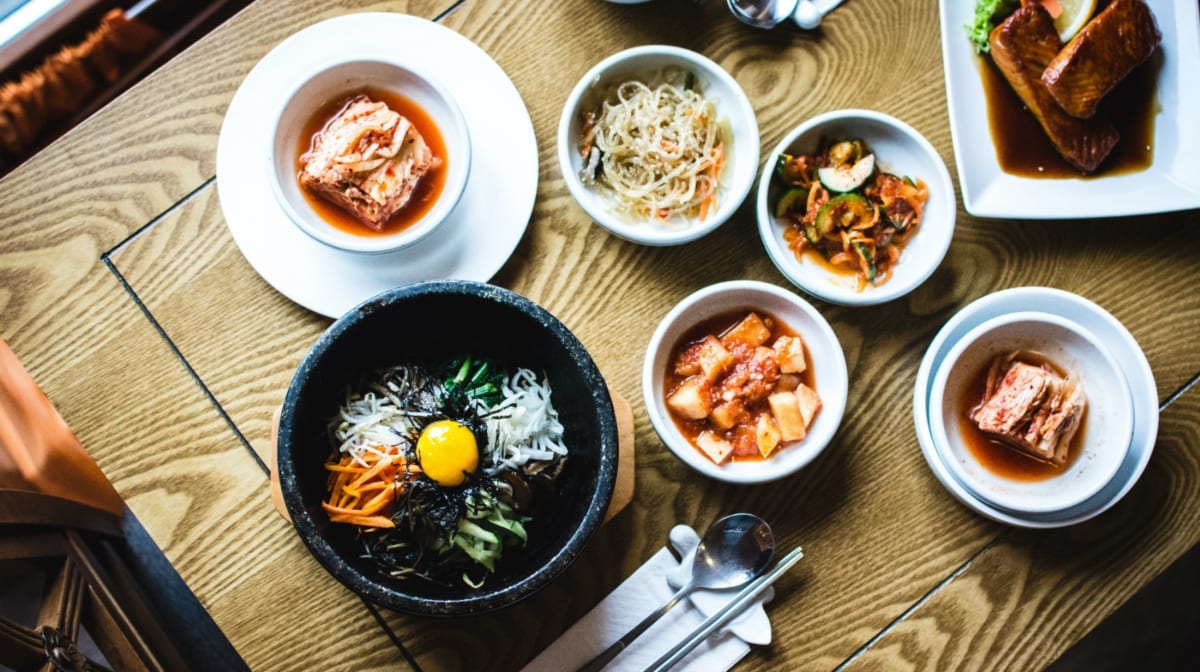
As good nutrition and proper diet have become much more important and mainstream in recent years, many existing foods we didn't consider particularly healthy have emerged from chia seeds to superfoods such as kale.
For every new nutritional supplement, there are equivalent fruits and veggies that become more and more popular which provide great health benefits at a cheap price.
An entire category of foods that have been around for centuries will be the focus of this article, as they have recently been pushed into the limelight due to their benefits we are now only just fully understanding with current technology and research.
Of course the topic is fermented foods as you already knew from the title, and more than likely you have probably heard of a few of them individually whether it be in another article or a talk show or where ever.
The real question is, what makes fermented foods so beneficial to our health and which ones should you be using? Keep reading to find out…

What Are The Benefits Of Fermented Foods?
There is one living ingredient found in fermented foods that make them so unique and great for us. Probiotics (basically the opposite of antibiotics), are the microorganisms that are alive in these foods that you might've seen before, perhaps in the form of a supplement or on a container of Greek yogurt.
Since antibiotics exist to the kill bacteria in our body that is harming us, probiotics exist to feed the bacteria in our “gut” to promote positive health. It is easy to think of all bacteria as bad, but the reality is that our body has a balance of good and bad bacteria, which is known as the microbiome in our intestinal flora.
All of that is just a fancy way of describing bacteria in our body that actually helps us stay healthy when we keep them plentiful and in balance.
As for the actual benefits you came here for, since all of this biome exists in our intestines, probiotics are exceptional at boosting intestinal health. From lowering the symptoms of IBS, to Crohn's, to simple bloating/gas/indigestion. In addition to this, increasing the amount of good bacteria in your gut can increase the bioavailability of nutrients we consume.
In other words, probiotics increase digestive enzymes in our gastrointestinal tract and allow our intestines to absorb and utilize more of the vitamins and minerals we eat.
To continue this list, probiotics found in fermented foods have actually been shown to strengthen the lining of our gut, which houses over 75% of our immune system. You heard right, probiotics in your digestive tract can actually help stop you from getting sick.
What Foods Are Fermented?
Now that we are all on the same page with these foods and their various benefits, what foods can you eat to get a good amount of probiotics?
First, let's discuss briefly how the fermentation process happens. When a food (usually a vegetable) is put into an anaerobic environment, i.e. without oxygen (so, put into a glass jar), the microorganisms will eat the starch and sugar in the food until it is converted into acids or alcohol.
These acids and alcohols are very good at preserving the food as well, which is why fermentation was used historically for keeping foods fresher for longer. The transformation of starches and sugars into acids increase the good bacteria content of the foods, which we now know are called probiotics and are great for us.
Some foods that all contain probiotics and can easily be added to your diet include:
? Tempeh and miso, which consist of fermented soybeans, meaning they are quite high in protein as well as vitamins B, K, E, and folic acid among others.
? Kombucha, the weird looking drink (that is actually a tea) you see in the foreign food section of your supermarket, this sour and fizzy drink is an acquired taste that delivers a plethora of vitamins and antioxidants.
? Kimchi, a spicy fermented cabbage that contains a good amount of vitamins C, B1, B2, A, and many minerals.
? Sauerkraut, another form of fermented cabbage that also contains a lot of vitamins and minerals as well as a good about of fiber.
? Yogurt, usually Greek, this is one of the fermented foods that you might already eat, whether it be for the protein or calcium.
Take Home Message
Now in the 21st century, we are able to figure out why these foods were related to a healthier life and a lower level of disease. Probiotics are the magic word of this article and the only one you should remember from this article if it had to be one.
Whether you decide to buy a kombucha drink from the store once a week, make your own batches of kimchi, or stick to a serving of Greek yogurt after dinner, I hope you find a way to add some probiotics to your diet for their great digestive and full body benefits.

